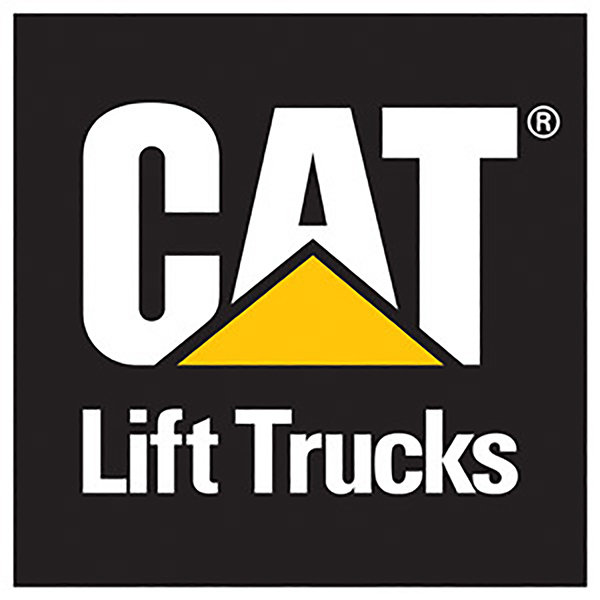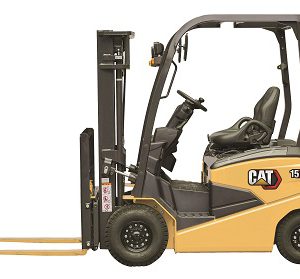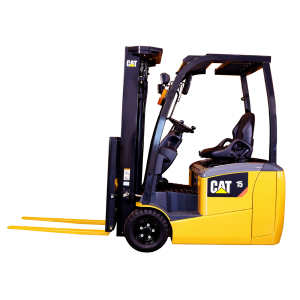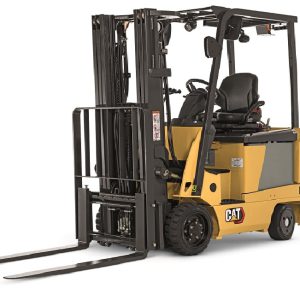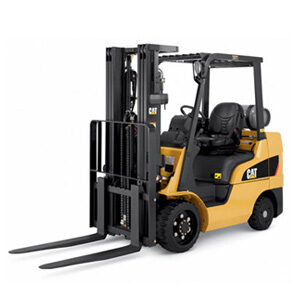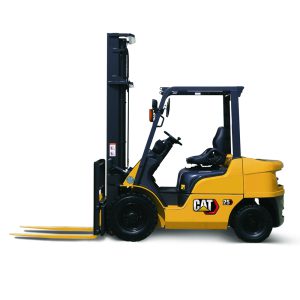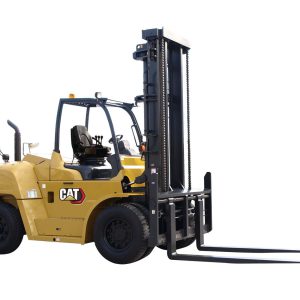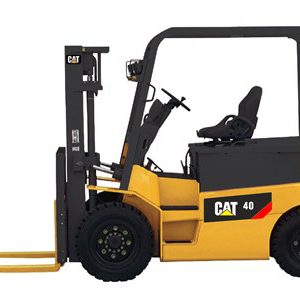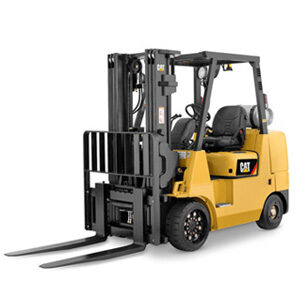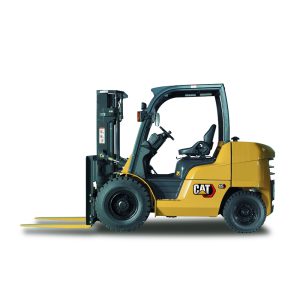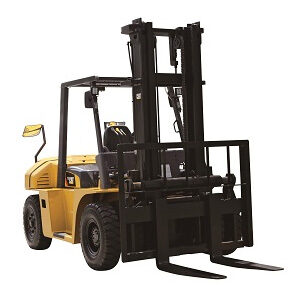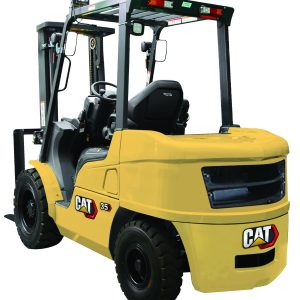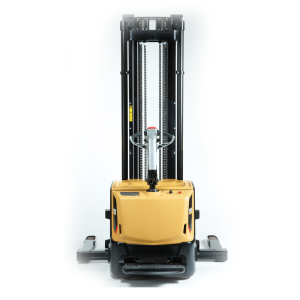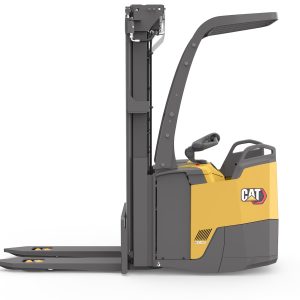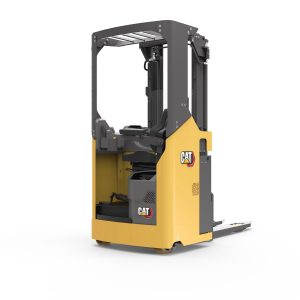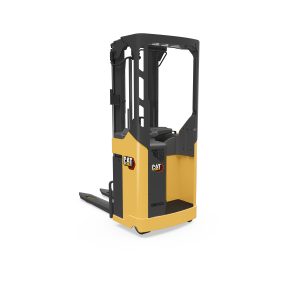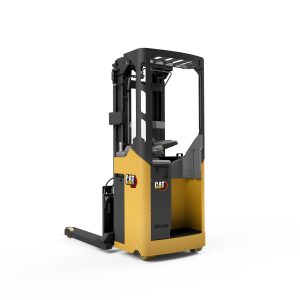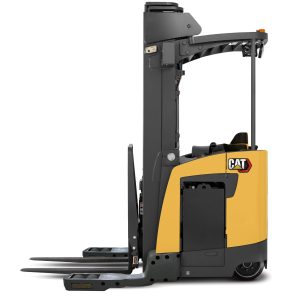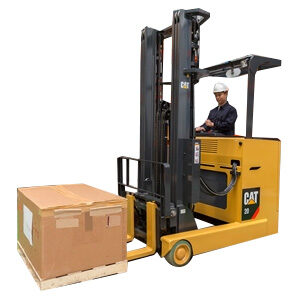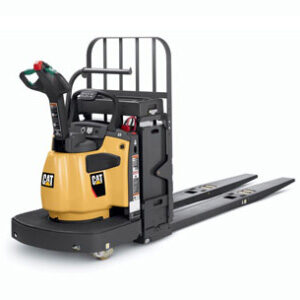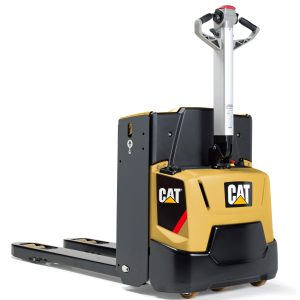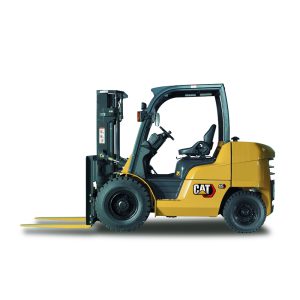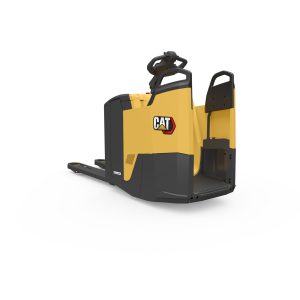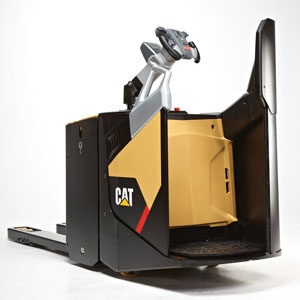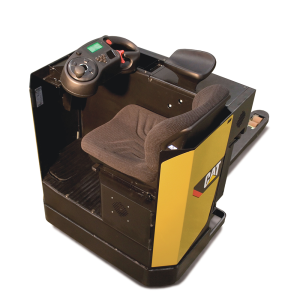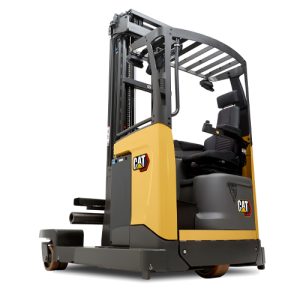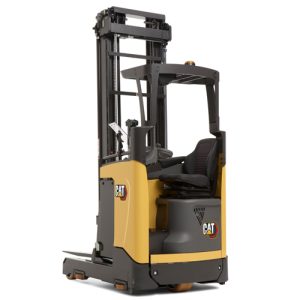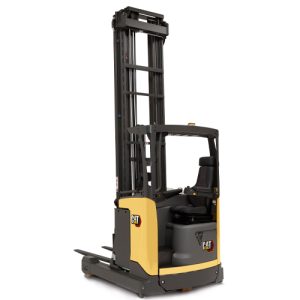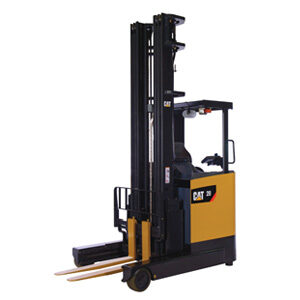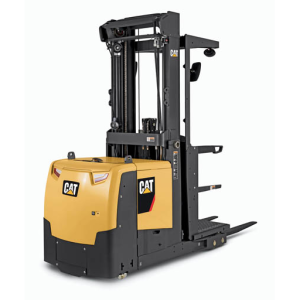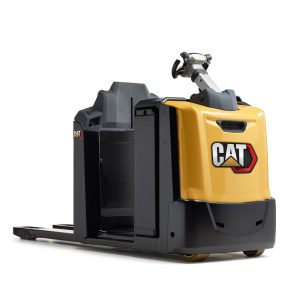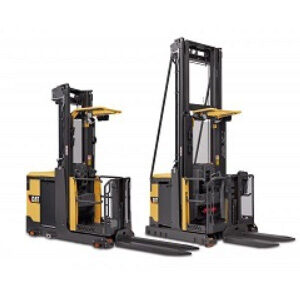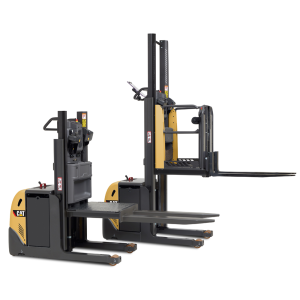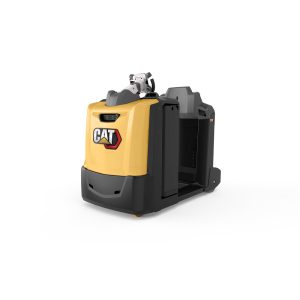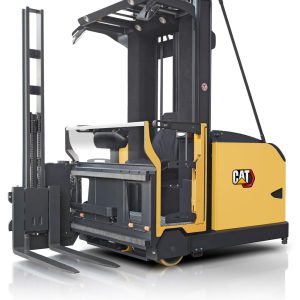
Recruiting the perfect fork lift truck operator
01/12/2020
A great deal of responsibility lies in the hands of a lift truck operator, so getting the recruitment process right can prevent many problems and enhance productivity.
Gay Sutton finds out how to ensure the selection process is effective.
Asda, one of the UK’s largest supermarket chains and part of the mighty Wal-Mart empire, has 386 stores and 25 distribution centres across the UK, and of 175,000 staff countrywide, 350 are lift truck operators.
For over 50 years the company has been honing its recruitment processes, and for a sector where so much of the work is customer facing, it’s logical to appoint staff for their team focus and customer care ability. Interestingly, however, the company has also developed a character-based selection process for its forklift truck operators.
“Our recruitment process is very rigorous and we primarily look for attitude,” said an Asda spokesperson. “During the interview process we elicit what type of people they are, what drives them, their attitudes and talents, and whether they have the team ethic we’re looking for. A candidate may have 20 years of forklift driving experience and that is fantastic, but we can always train them to drive a lift truck. What we’re looking for is a really great attitude, wanting to work as part of a team and to do a great job every day.”
For Asda, as for all companies that use forklifts, the driver holds a position of responsibility and power. Not only is the driver required to manipulate and transport the business’s lifeblood – products and inventory – in a quick, efficient and safe manner, he is also in charge of an expensive weapon which can do a great deal of damage to a company’s biggest assets, its people and property. Good driver recruitment policies are therefore critical to business performance.
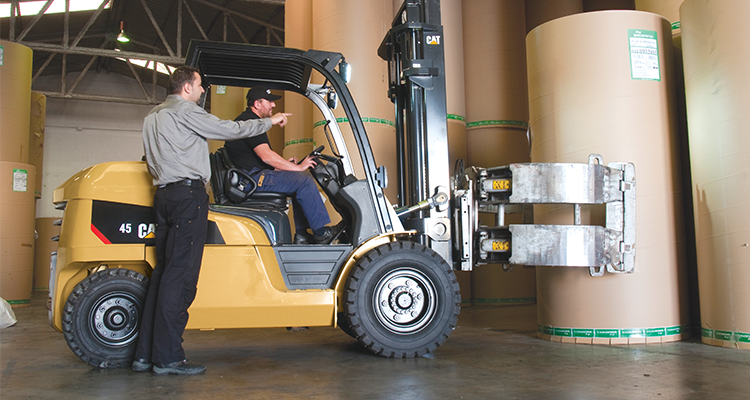
For the right person, good quality training will work wonders.
“There’s no room for show-offs when it comes to the operation of forklift trucks,” said David Ellison, chief executive of the FLTA. “In the wrong hands, the forklift truck becomes a lethal weapon. So you need to be able to trust a driver to operate in the way they are taught – all the time.”
A good driver, according to French Cat® lift trucks dealer Aprolis, works quickly, calmly and precisely, and is well motivated. Most experts therefore agree that the most important personality trait to look for in an operator is an appreciation of just how dangerous the forklift can be, and the steadiness and stamina to operate it accordingly. Maturity plays an important role in this. “Mature personalities will be less gung ho with the way they do things and will be more aware of the consequences of their actions,” explained Simon Docherty, technical development and standards delivery manager at RTITB.
“There’s no room for show-offs when it comes to the operation of forklift trucks,”
The ability to concentrate for a long period of time is also critical, particularly where shifts may last for eight to ten hours and the tasks are repetitive. “It is a fact of life that at the end of a long working day concentration tails off. And because of this, conscientiousness is also a significant factor. Conscientious operators will be aware of the safety aspects of their actions and will automatically slow their operations towards the end of the day,” Docherty continued.
The lack of such traits is likely to be recognised during training or in the early months of employment, but that may be too late. They need to be weeded out before making a job offer. There are many tools available to recruitment specialists to assess personality, and they need not be confined to large blue chip employers. “Smaller companies without human resources processionals could perhaps consider outsourcing this task as it can be so important,” Ellison said.
Personality analysis using psychometric testing is one of the obvious options and conscientiousness, according to occupational psychologist Dr Mark Parkinson of the British Psychosocial Society, is the most predictive of workplace performance. However, he also points out that a forklift driver might need to display a certain degree of what he termed neuroticism – the desire to make sure things get done and done properly. “You don’t want someone so laid back that they don’t care if the job gets done,” he said. “But here is also another very useful assessment called situation judgement testing, whereby the candidates are provided with a range of real life situations and asked to select their most likely reaction from a set of options provided.”
“It is a fact of life that at the end of a long working day concentration tails off. And because of this, conscientiousness is also a significant factor.”
At a practical level, the good forklift operator needs to possess good spatial awareness, essential for manoeuvring trucks around closely spaced racking, placing loads precisely and accurately, approaching vehicles and racking at the correct speed and assessing the movements of pedestrians and vehicles in the working area.
Simple depth perception can be measured by an optician as part of the highly advisable general health check, sight and hearing tests. Another great tool to use is the trainability assessment. Run under the supervision of a qualified instructor or specialist, it involves watching the candidate fulfil a very simple manoeuvre, driving around an obstacle with a replicated load and positioning it in a predetermined spot. “The expert will quickly be able to see if the person has good motor skills: if they apply gentle pressure to the accelerator or jump on it, whether they get the pace and angle of approach right,” Docherty said. “You’re not looking for perfection, because these are not fully trained operators. You’re looking to see if they have the rudimentary judgement skills to go forward as a lift truck operator.”
For Ellison, spending money training the wrong person is simply a waste. “Fitting a square peg into a round hole? Perhaps a better way of putting this would be: can you fit a thin flat peg (the fork) into a square hole (the pallet) every time? If the answer is yes, then you have a good operator. For the right person, a bit of quality training will work wonders.”
“You’re not looking for perfection, because these are not fully trained operators. You’re looking to see if they have the rudimentary judgement skills to go forward as a lift truck operator.”
Training, of course, plays a pivotal role in enhancing any natural aptitude for the job. Pete Kerfoot of Mentor Training, the UK’s largest forklift training organisation, knows that a well trained operator can deliver significantly improved efficiency and profitability, but to the casual observer this slightly more measured pace might seem counter intuitive. “It’s interesting that loading the vehicle may seem to take slightly longer if done correctly,” he explained, “but when the job is done right first time there are efficiency gains. Correctly placed loads also take up less space, so productivity goes up. Moreover, there will be no damage to the truck, the load or operator so additional costs and downtime are avoided.”
He has also seen examples of the wrong character in charge of a forklift. And more often than not the behaviour and skills learned during training is abandoned in the workplace. “We have occasionally been invited in to monitor driving standards on sites where there have been incident problems,” he said. “When we enter the building, the operators are getting everything wrong and completely ignoring what they’d learned during training. But as soon as they became aware we’re there, they slow down and do things by the book. The only problem is that once we’ve gone away again, they revert to normal.”
“…When the job is done right first time there are efficiency gains. Correctly placed loads also take up less space, so productivity goes up.”
source : https://eurekapub.eu/health-safety/2011/04/15/recruiting-the-perfect-fork-lift-truck-operator

